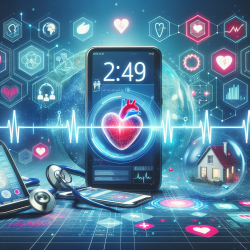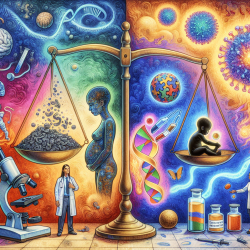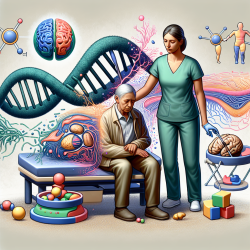Introduction
The 2021 ISHNE/HRS/EHRA/APHRS Collaborative Statement on mHealth in Arrhythmia Management highlights the transformative potential of mobile health (mHealth) technologies in managing heart rhythm disorders. This comprehensive review explores the current landscape, challenges, and future directions of integrating digital tools into arrhythmia management, emphasizing the importance of data-driven approaches and predictive analytics.
The Promise of mHealth in Arrhythmia Management
mHealth technologies, encompassing wearable devices, smartphone applications, and remote monitoring systems, offer unprecedented opportunities for real-time data collection and patient engagement. These tools facilitate early detection, continuous monitoring, and personalized management of arrhythmias, potentially improving patient outcomes and reducing healthcare costs.
Current Applications and Benefits
- Early Detection: Wearable ECG monitors and smartphone-based applications enable early detection of atrial fibrillation (AF) and other arrhythmias, allowing timely intervention and reducing the risk of stroke.
- Continuous Monitoring: Remote monitoring systems provide continuous data on heart rhythm, enabling healthcare professionals to track disease progression and adjust treatment plans accordingly.
- Patient Engagement: mHealth tools empower patients to actively participate in their care, improving adherence to treatment and lifestyle modifications.
Challenges and Considerations
Despite the promising benefits, integrating mHealth into routine clinical practice presents several challenges:
- Data Management: The vast amount of data generated by mHealth devices requires robust systems for storage, analysis, and interpretation to ensure actionable insights.
- Interoperability: Seamless integration with existing electronic health records (EHR) and healthcare systems is crucial for effective use of mHealth data.
- Regulatory and Reimbursement Issues: Establishing clear guidelines and reimbursement models is essential for widespread adoption and sustainability of mHealth solutions.
Future Directions and Research Opportunities
The future of mHealth in arrhythmia management lies in leveraging predictive analytics and artificial intelligence (AI) to enhance diagnostic accuracy and personalize treatment. Ongoing research should focus on validating mHealth technologies in diverse populations and clinical settings to ensure generalizability and efficacy.
Conclusion
mHealth technologies hold significant promise for revolutionizing arrhythmia management. By addressing current challenges and fostering collaboration among stakeholders, healthcare professionals can harness the full potential of digital health tools to improve patient outcomes and advance the field of cardiology.
To read the original research paper, please follow this link: 2021 ISHNE/HRS/EHRA/APHRS Collaborative Statement on mHealth in Arrhythmia Management: Digital Medical Tools for Heart Rhythm Professionals.










